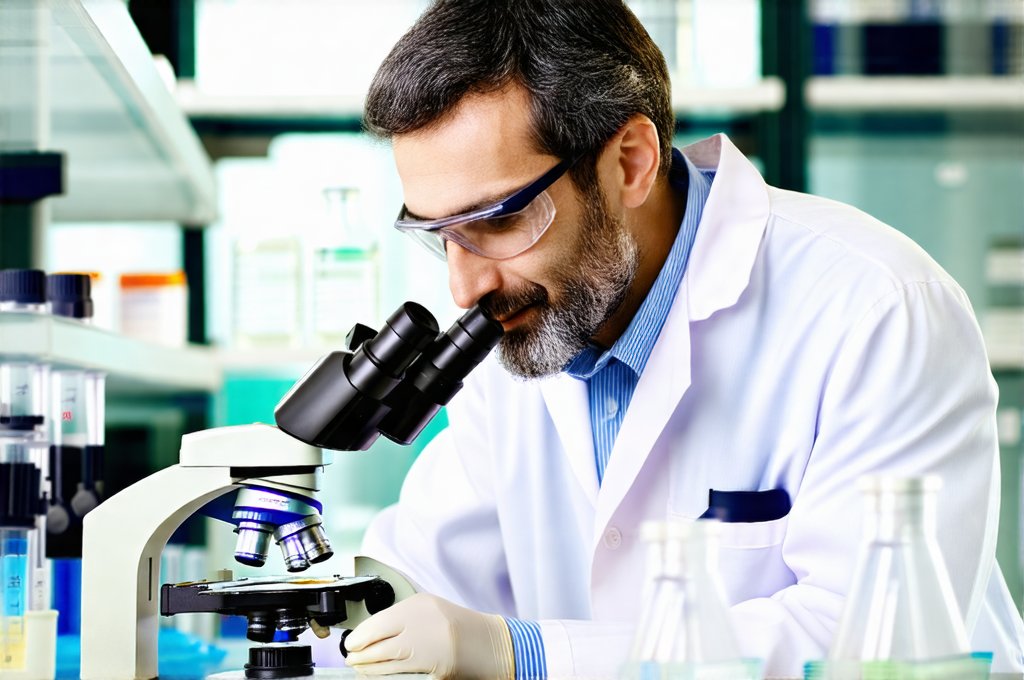The intense heat experienced during sauna use offers numerous benefits, from cardiovascular improvement to stress reduction. However, this physiological process also places significant demands on the body, particularly regarding fluid balance. Often overlooked in post-sauna care is a comprehensive understanding of rehydration strategies beyond simply drinking water – it’s about restoring electrolytes lost through sweat and mitigating potential protein breakdown accelerated by heat stress. The rapid temperature changes and prolonged exposure to high temperatures can initiate a cascade of metabolic responses that require careful attention to optimize recovery and minimize any negative effects on muscle tissue and overall well-being.
Rehydration isn’t merely about replacing fluids; it’s a nuanced process involving electrolyte replenishment, protein stabilization, and mindful consideration of what the body needs after being subjected to extreme temperatures. Many individuals focus solely on water intake, which is certainly important, but often insufficient. The composition of sweat varies between individuals, influenced by factors like genetics, hydration status, and acclimatization level. This variability necessitates a personalized approach to rehydration that goes beyond generic recommendations, aiming for optimal recovery and preventing potential imbalances that could compromise health or performance.
Understanding the Physiological Effects of Sauna on Rehydration
The primary mechanism driving fluid loss during sauna sessions is thermoregulation – the body’s attempt to maintain its core temperature. As internal temperatures rise due to heat exposure, sweating becomes the primary cooling method. This sweat isn’t just water; it contains vital electrolytes like sodium, potassium, magnesium, and chloride, which are crucial for nerve function, muscle contractions, and fluid balance itself. Significant electrolyte loss can lead to imbalances that manifest as fatigue, muscle cramps, dizziness, or even more serious conditions. Furthermore, prolonged heat exposure can contribute to a state of mild dehydration, impacting cognitive function and physical performance.
Beyond electrolytes, the body experiences increased metabolic demands during sauna use. This heightened metabolism, coupled with the stress of thermoregulation, can increase protein breakdown – particularly muscle protein. While this is a natural process occurring in all physiological states, it’s accelerated under heat stress. Effective rehydration strategies should therefore aim to not only restore fluid and electrolyte balance but also support protein synthesis and minimize further catabolism. This involves consuming adequate amounts of protein alongside hydrating fluids and electrolytes.
The type of sauna – traditional Finnish sauna, infrared sauna, or steam room – can influence the rate and composition of sweat loss. Infrared saunas, for example, penetrate deeper into muscle tissue, potentially leading to a different pattern of electrolyte excretion compared to traditional saunas which primarily affect surface temperatures. Understanding these nuances is crucial when tailoring rehydration protocols.
Rehydration Strategies: Beyond Water Alone
Simply drinking water after a sauna session isn’t enough. A comprehensive rehydration plan should incorporate several key elements. First, prioritize electrolyte-rich fluids. Sports drinks, coconut water, or electrolyte tablets/powders added to water are excellent options. However, be mindful of the sugar content in some sports drinks and opt for low-sugar alternatives whenever possible. Second, consider incorporating a protein source into your post-sauna meal or snack. This helps counteract the increased protein breakdown caused by heat stress and supports muscle recovery. Lean proteins like chicken breast, fish, Greek yogurt, or plant-based options such as tofu are good choices.
Thirdly, pay attention to timing. Rehydration should begin immediately after exiting the sauna, continuing over several hours to fully restore fluid balance. Avoid rapidly rehydrating with large volumes of water at once, as this can lead to hyponatremia (low sodium levels). Instead, sip fluids consistently throughout the post-sauna period. Finally, personalize your approach based on individual sweat rates and tolerance levels. Monitor how you feel after sauna sessions – are you experiencing any signs of dehydration or electrolyte imbalance? Adjust your rehydration strategy accordingly. If you find yourself struggling with recurring issues, consider learning how to avoid recurrence after antibiotics as a potential underlying factor impacting your health.
Optimizing Protein Intake Post-Sauna
Heat stress significantly impacts protein metabolism. While the body naturally breaks down some protein during exercise and heat exposure, this process is accelerated in sauna environments. This breakdown isn’t necessarily detrimental – it’s part of the remodeling process that allows muscles to adapt and strengthen. However, failing to replenish protein stores post-sauna can hinder recovery and potentially lead to muscle loss over time. Aim for a protein intake of around 20-30 grams within an hour of finishing your sauna session.
The type of protein also matters. Whey protein is quickly absorbed and readily available for muscle repair, making it a good choice for post-sauna recovery. Casein protein, with its slower digestion rate, can provide sustained amino acid delivery overnight or between meals. Plant-based proteins like soy, pea, or rice protein are viable alternatives for those following vegetarian or vegan diets. Combining different protein sources can further optimize amino acid profiles and absorption rates.
Consider incorporating branched-chain amino acids (BCAAs) into your post-sauna nutrition plan. BCAAs – leucine, isoleucine, and valine – play a crucial role in muscle protein synthesis and reducing muscle soreness. Supplementing with BCAAs can help mitigate the effects of heat stress on muscle tissue and promote faster recovery.
The Role of Magnesium and Potassium
Magnesium and potassium are two electrolytes that are particularly susceptible to loss through sweat during sauna sessions. Magnesium is essential for over 300 biochemical reactions in the body, including muscle function, nerve transmission, and blood sugar control. Deficiency can lead to muscle cramps, fatigue, and even irregular heartbeat. Potassium plays a vital role in maintaining fluid balance, nerve impulses, and muscle contractions. Low potassium levels can cause weakness, fatigue, and muscle spasms.
Replenishing these electrolytes requires more than just sports drinks. Incorporate magnesium-rich foods into your diet, such as leafy green vegetables, nuts, seeds, and whole grains. Potassium can be found in bananas, sweet potatoes, avocados, and beans. Alternatively, consider supplementing with magnesium citrate or potassium gluconate – but consult with a healthcare professional before starting any new supplement regimen. A healthy lifestyle also includes understanding how to clean after peeing to avoid UTIs in women, which can be impacted by dehydration and electrolyte imbalances.
Hydration is key for optimal absorption of both magnesium and potassium. Consuming these electrolytes alongside adequate fluids helps ensure they are effectively utilized by the body. Furthermore, be mindful that excessive sodium intake can exacerbate potassium loss, so maintaining a balanced electrolyte profile is crucial.
Preventing Protein Traces from Heat Stress: A Holistic Approach
Successfully mitigating protein breakdown requires a holistic approach encompassing pre-sauna preparation, during-sauna hydration, and post-sauna recovery. Before entering the sauna, ensure you are adequately hydrated and have consumed a light meal containing both carbohydrates and protein. Carbohydrates provide energy for thermoregulation, while protein helps minimize muscle breakdown. During the sauna session, sip water regularly to replace fluids lost through sweating.
Post-sauna, prioritize immediate rehydration with electrolyte-rich fluids and a protein source as described earlier. Avoid drastic temperature changes immediately after exiting the sauna – allow your body to cool down gradually. This helps reduce stress on the cardiovascular system and minimizes further metabolic disruption. Incorporate rest and recovery into your post-sauna routine. Allowing your body adequate time to recuperate is essential for restoring fluid balance, replenishing electrolytes, and repairing muscle tissue. If you are experiencing chronic bladder issues impacting your overall wellbeing, exploring how to regain quality of life after long-term bladder issues might be beneficial.
Finally, listen to your body. Pay attention to any signs of dehydration or electrolyte imbalance and adjust your rehydration strategy accordingly. Individual needs vary considerably, so a personalized approach is crucial for optimizing recovery and maximizing the benefits of sauna use.





















